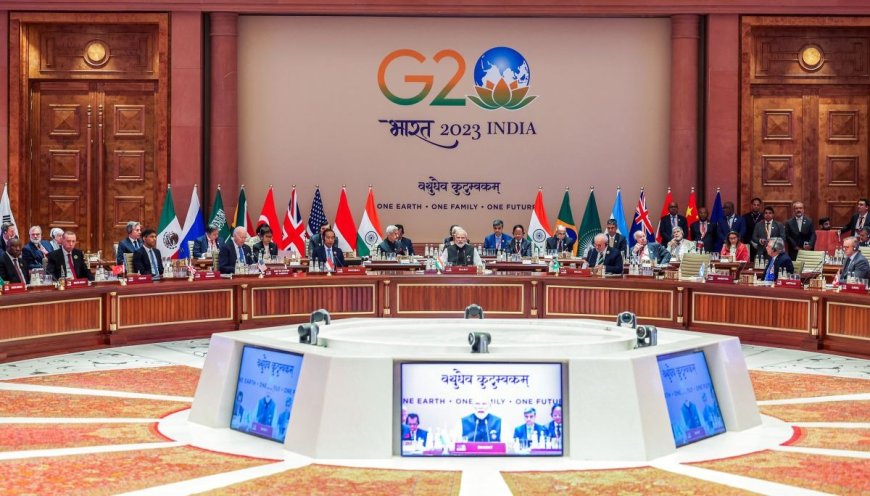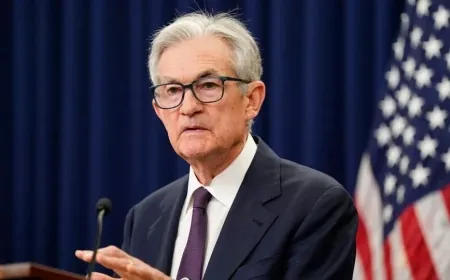Key Highlights from the 2023 G20 Summit in New Delhi
Insights from the 2023 G20 Summit in New Delhi, focusing on Ukraine, African Union, and climate goals. Explore significant diplomatic strides and global initiatives.

Leaders representing the world's 20 largest economies concluded a summit in New Delhi on Sunday, overcoming significant disagreements regarding the Ukraine conflict. They achieved consensus on crucial matters, including the restructuring of institutions such as the World Bank. Additionally, the African Union was formally welcomed into the G20, enhancing the representation of member nations.
Softer Stance on the Ukraine Conflict
The G20 nations acknowledged the illegitimacy of territorial acquisition through force and emphasized the plight of the Ukrainian people. Notably, the declaration adopted a milder approach compared to the previous year, refraining from direct condemnation of Russia's involvement in the conflict. Diplomats suggest that an outright condemnation would not have been accepted by Russia, making this consensus a noteworthy achievement.
Inclusion of the African Union
The African Union, comprising 55 member states, has been granted permanent membership in the G20, elevating it to the same status as the European Union. Previously, only South Africa held G20 membership. This decision empowers the Global South within the G20, diminishing the historically dominant role of the G7 countries.
Collaboration for a Transformative Transport Corridor
Leaders from the United States, India, and Saudi Arabia, among others, unveiled plans for a comprehensive rail and port network connecting the Middle East to South Asia and eventually Europe. President Biden characterized this initiative as a significant milestone. This endeavor, challenging China's Belt and Road initiative, aims to position the United States as an alternative partner for global infrastructure projects.
Incremental Progress on Climate Change
While the G20 leaders committed to tripling global renewable energy capacity by 2030 and acknowledged the necessity of reducing coal-based power, specific climate targets were not set. No concrete strategies for amending existing policies were provided. The group indicated a requirement of $4 trillion annually for a successful transition to green energy, though a clear roadmap was absent.
Modi's Diplomatic Triumph and Political Impetus
For Prime Minister Narendra Modi, presiding over the G20 has offered a year-long platform to demonstrate India's influence on the global stage. It provided an opportunity to attract investments and bolster trade relationships with the world's most populous nation. Moreover, it serves as a political boost for Modi's forthcoming re-election campaign, symbolizing India's ascendance on the world stage. His presence was prominently featured on G20 billboards throughout the capital and the expansive new conference venue.
Also Read:
































































